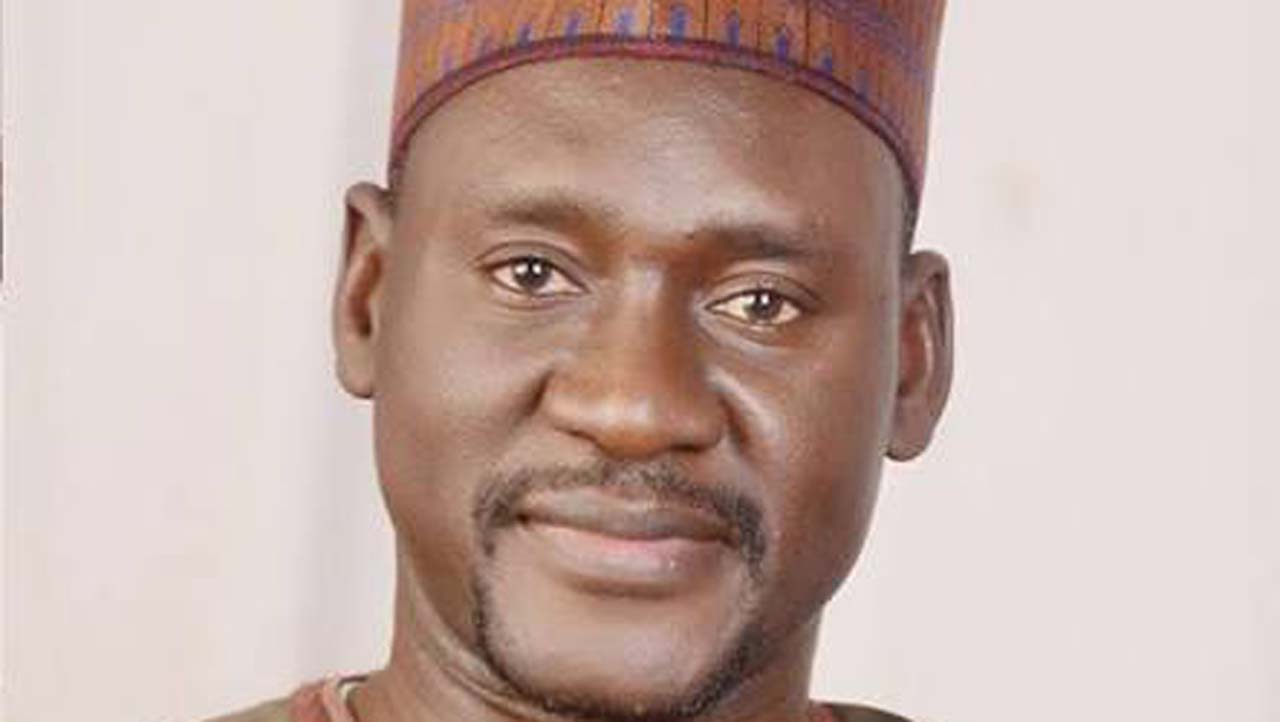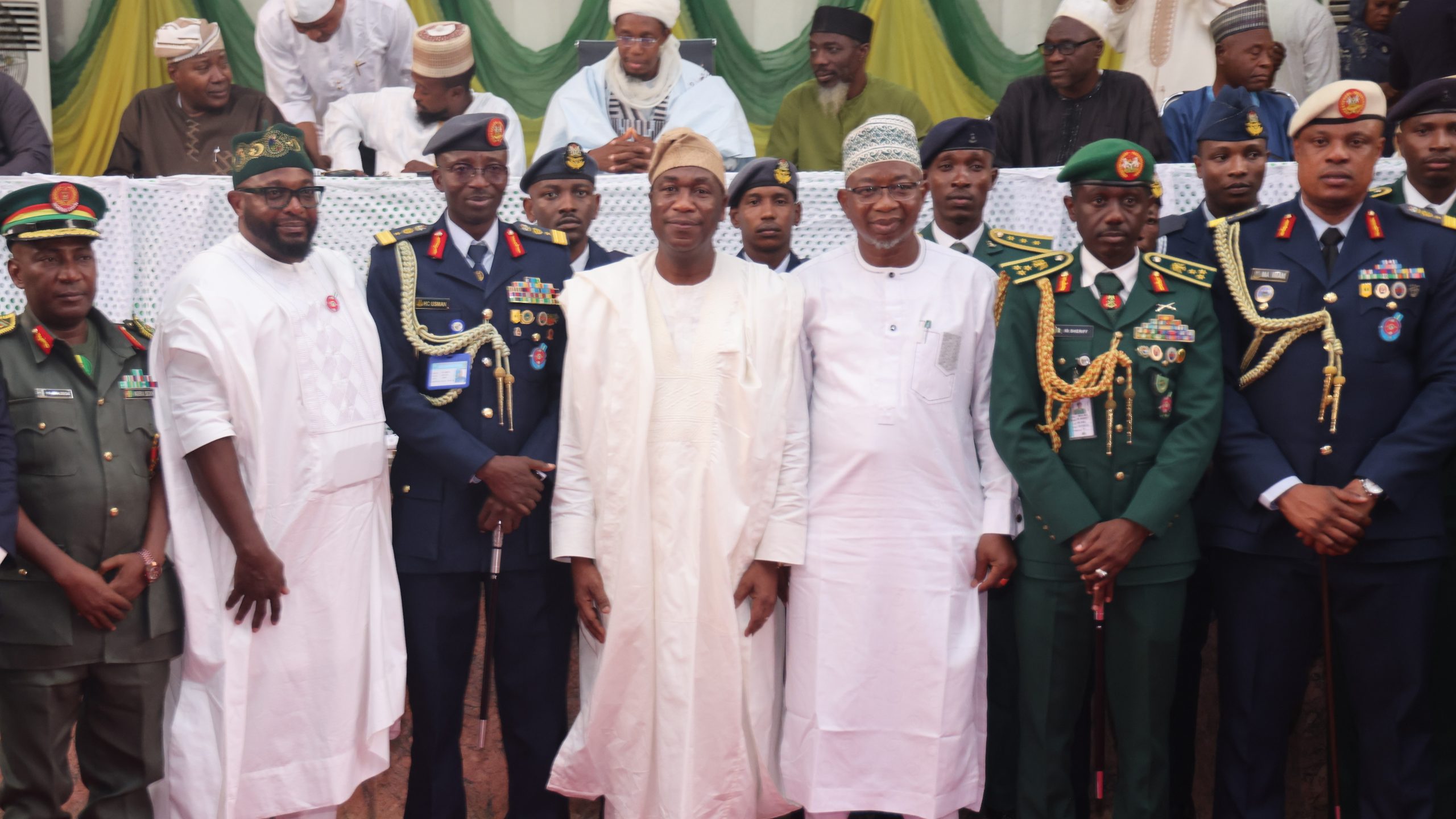
Civil Society Legislative Advocacy Centre (CISLAC) and Transparency International in Nigeria (TI-Nigeria) have called on Nigerians to adopt early warning and action practices to forestall or mitigate disasters.
They said it would, among others, raise public and policy consciousness on emerging threats to the peace, security and territorial integrity of the nation.
They made the call at a recent awareness campaign, held in collaboration with the Open Society Foundation (OSF).
The Executive Director of CISLAC and Head of Transparency International in Nigeria, Auwal Ibrahim Musa, acknowledged that there had been a rise in violent conflicts across the world since the turn of the century.
Musa, who was represented by his Programmes Manager, Jimoh Abubakar, said it was important to take precautions as early as possible, using Early Warning and Response Systems (EWRS) to reduce risk by anticipating potential issues and taking corrective measures.
“While the number of violent conflicts in the world has been on the increase since the 2000s, this has raised questions on how violence and its escalation can be prevented in international affairs. Conflict prevention mechanisms exist; EWRS are prominent avenues to avert socio-political crises. Prevention of crisis or disasters should be initiated at the earliest possible stage of a crisis or natural disaster cycle to be most effective,” he said.
According to Musa, EWRS works effectively as they have the potential to influence policymaking, conflict prevention, peacemaking and support peace-building and development, stressing that key stakeholders should act by adopting EWRS practices in every cadre of Nigeria’s administrative setup, and get citizens on board with the vital tools that help to initiate timely responses to keep the populace safe.
“Despite the existing wealth of information and analysis on the issues of natural disaster, climate change and conflict, there is a need to make early warning and conflict prevention operational at multiple levels of Nigeria’s Federal structure. To be effective, Early Warning Systems must involve meaningful engagement with communities at-risk and decision makers including other stakeholders, disaster relief and security agencies in the country and internationally.”
He suggested the formation of a well-informed and formidable community network, a vibrant leadership framework and intentional policy-making, amongst others as ways to improve adherence to EWRS procedures at the grassroots.






